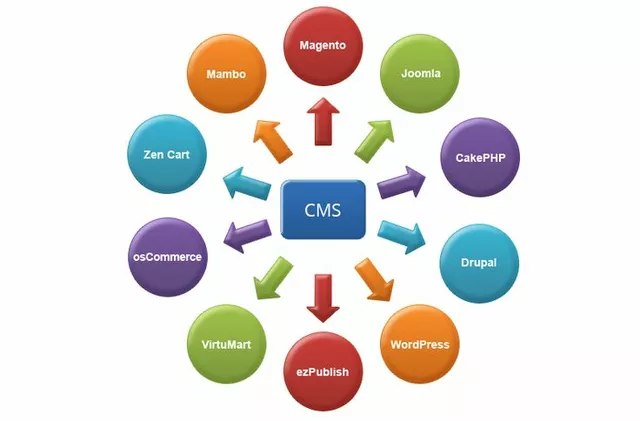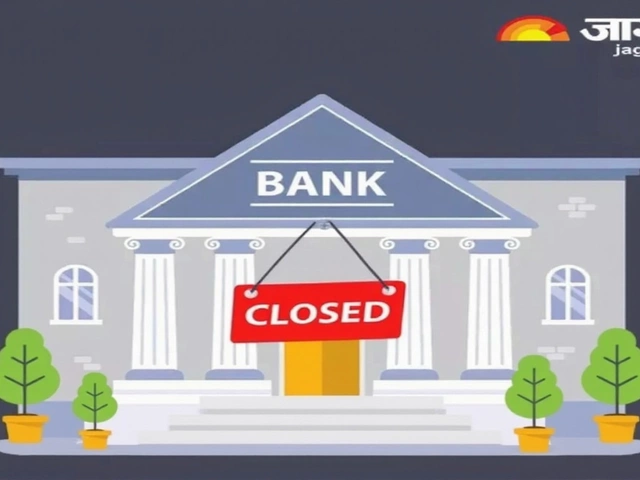Education & Learning: How Schools Shape Your Property Decisions
Think a good school is just about classes and results? Think again. Schools steer neighbourhood demand, daily routines and even resale value. On this page you'll find clear, practical advice about how education options in India affect where families buy, rent or invest.
How schools affect property value
Homes near reputed schools usually sell faster and at higher prices. Parents pay a premium for shorter commutes and a reliable education environment. That premium shows up in demand for flats and houses within the school's catchment zone, parking and transport facilities, and homes that match the lifestyle those parents want—think safe streets, playgrounds and study nooks. On the flip side, if a local school loses reputation or becomes overcrowded, prices can stagnate. So property value is not fixed; it moves with a school's quality and accessibility.
Private schools add another layer. They often offer smaller classes, extra activities and a faster pace, which many parents prize. But they also bring higher fees and selective admissions. For a buyer, that means two things: properties near top private schools stay in demand, and the buyer should check fee trends and waiting lists before committing—those factors influence which families the area attracts.
Practical tips for house-hunting near schools
Start with a list: nearby schools, boards (CBSE, ICSE, state), and whether they’re private or government. Visit at peak hours to see drop-off and pick-up logistics. Ask about transport routes, student-teacher ratio, and fee hikes—schools with steady policies are less likely to surprise you. Check local forums and parent groups for real experiences; a single public inspection report rarely tells the full story.
Think about daily life, not just prestige. A top-ranked private school two hours away by traffic is less useful than a good local school with flexible timing. Consider commute time for different seasons, after-school activity options, and how your work schedule fits with school timings. Also look at flexible study spaces in the home and nearby tutoring options, which matter once kids hit competitive exam years.
If you’re an investor, watch for areas with new school projects or government education upgrades—these can boost demand over time. If you’re buying to live, prioritize safety, play areas and community services over headline rankings. Remember: a neighborhood’s long-term education vibe depends on teachers, parental involvement and local support, not just brand name schools.
Browse our Education & Learning posts for focused takes—like private school pros and cons, fee trends, and how school zones are redrawn in Indian cities. Use those articles to weigh education against other property factors, and you’ll make smarter, more practical choices for your family or investment.

CTET February 2026 Registration Opens: Apply by Dec 18 for Teaching Eligibility Test
CTET February 2026 registration opened on November 27, 2025, at ctet.nic.in, with a December 18 deadline. The exam, featuring 150 MCQs per paper, determines eligibility for teaching roles across India's government schools.
Education & Learning
The Role of Private Schools in Indian Education - Assessing the pros and cons
As a blogger, I've been digging deep into the realm of Indian education, specifically the role of private schools. Now, let's shake the coconut tree and see what falls out. On the pro side, private schools provide top-notch education, smaller class sizes, and personalized attention to students - it's like having your own educational butler! But wait, there's a flip side too. These schools can be as expensive as a Bollywood wedding, making them unreachable for many families. Plus, they sometimes lack diversity, turning into a luxury island in the vast ocean of Indian education. So, it's not all rainbows and unicorns, folks!
Education & Learning



